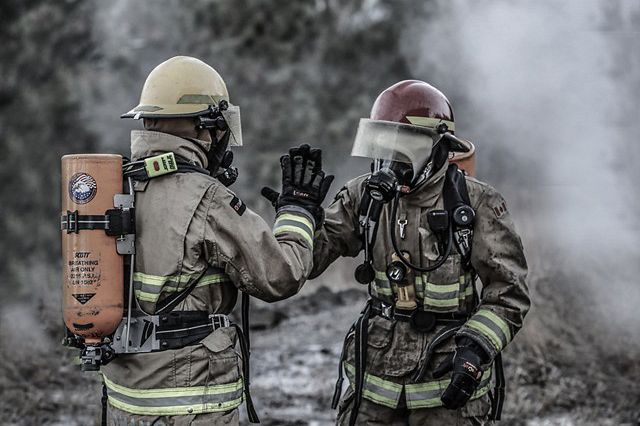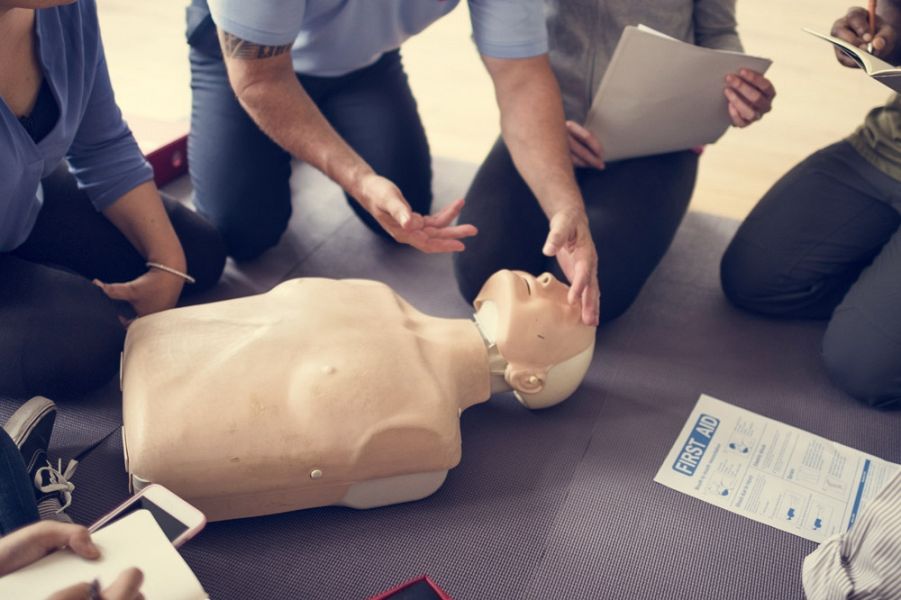
Supporting Mental Wellness with CISM Training
October 31, 2025
At Provincial Fire & Safety Training Ltd., we recognize that protecting our communities goes beyond physical safety—it also means caring for the mental wellness of those on the front lines. That’s why we offer Critical Incident Stress Management (CISM) Training, designed to support firefighters, first responders, dispatchers, and safety professionals in managing the emotional and psychological impact of critical incidents.
What is CISM?
Critical Incident Stress Management (CISM) is a structured approach to helping individuals and teams process and recover from traumatic events experienced on the job. It’s not therapy—it’s preventative, peer-based support that builds understanding, resilience, and a culture of mental wellness.
Our CISM training draws from proven frameworks developed by the International Critical Incident Stress Foundation (ICISF), BCPFFA, and IAFF, with guidance from leading experts in trauma recovery and crisis response.
What You’ll Learn
Participants will explore how stress and trauma affect both the mind and body, and develop strategies to manage these responses effectively.
Topics include:
-
Understanding Critical Incident Stress (CIS) and trauma reactions
-
Post-incident do’s and don’ts for recovery and peer support
-
Identifying factors that influence stress severity
-
Recognizing signs of grief, burnout, and cumulative stress
-
Defusing and debriefing techniques following the ICISF model
-
Coping strategies for long-term resilience
-
Early recognition and management of PTSD symptoms
-
How to find the right support and professional care
Who Should Attend
This course is ideal for:
-
Firefighters and emergency medical responders
-
911 dispatchers and law enforcement
-
Safety officers and industrial emergency response teams
-
Peer support members, supervisors, and leaders in high-stress professions
Why This Course Matters
First responders are often exposed to traumatic events that can have lasting effects on mental and emotional well-being. Without proper support, these experiences may lead to burnout, anxiety, depression, or post-traumatic stress.
CISM training empowers teams to:
-
Recognize and respond to stress reactions early
-
Support peers through difficult experiences
-
Build stronger, more resilient crews and workplaces
By normalizing conversations about mental health and providing the right tools, we create a culture of understanding and compassion—one that helps first responders stay strong, connected, and healthy.
Insights
Keep up to date with training tactics and strategies for emergency responder safety and training programs. Industry leaders in safety and training programs share their insights on past and current trends and topics here.






